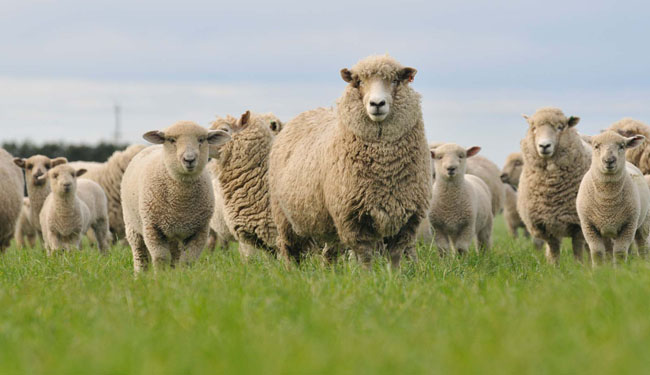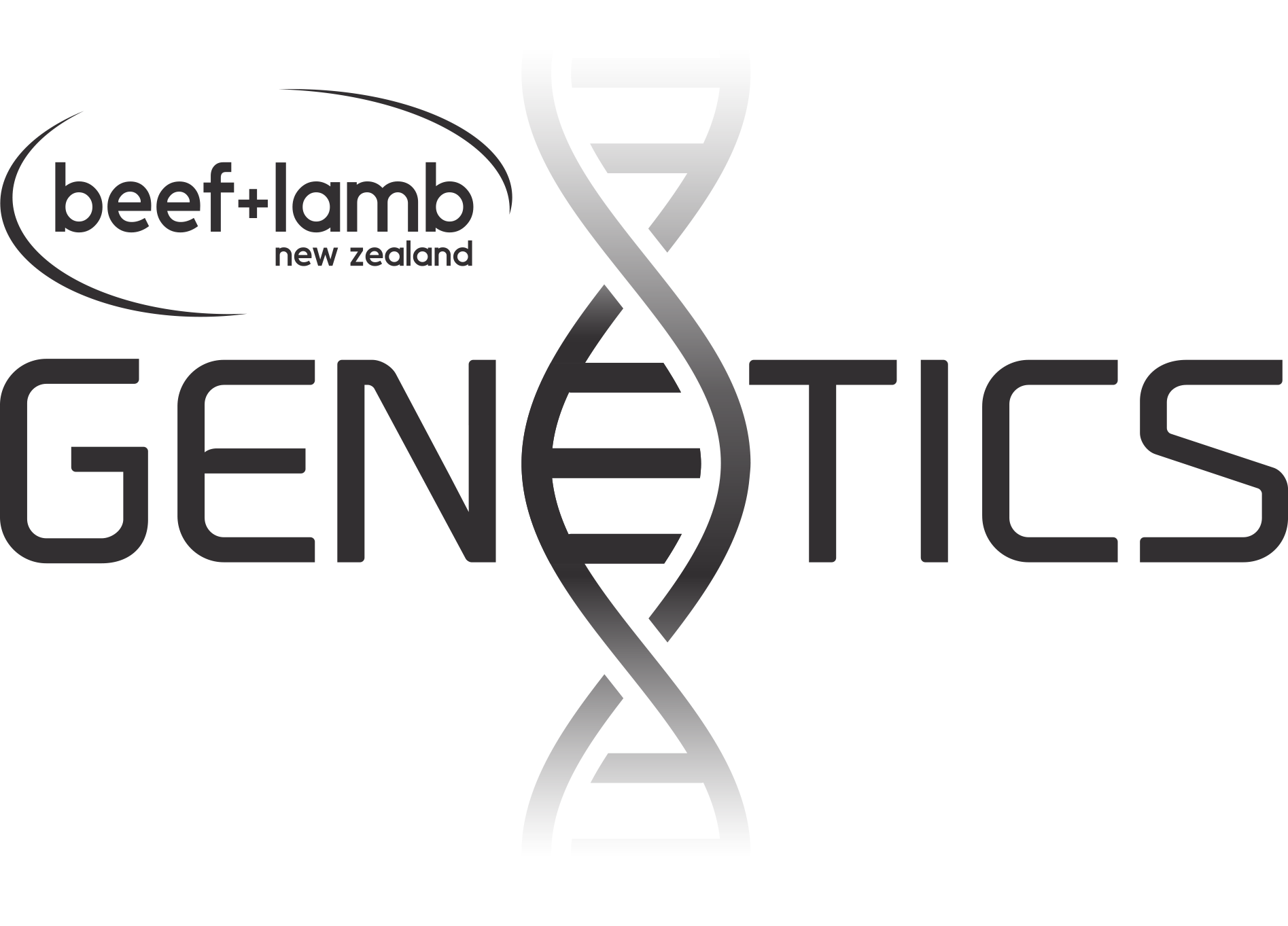 Quantitative Genetics uses statistical methods to understand the complexities of genetic inheritance, and can be applied in human medicine, population genetics and for selective breeding of plants and animals. So Quantitative Genetics is key in improving New Zealand's primary sector productivity and profitability as well as for understanding the genetic basis of a very wide range of diseases.
Quantitative Genetics uses statistical methods to understand the complexities of genetic inheritance, and can be applied in human medicine, population genetics and for selective breeding of plants and animals. So Quantitative Genetics is key in improving New Zealand's primary sector productivity and profitability as well as for understanding the genetic basis of a very wide range of diseases.
Who is it for?
This new graduate level qualification is targeted to people who have a strong background in genetics and/or statistics wanting to work in:
- genetic improvement for primary industries. This might be within a research institution or on the ground in horticulture, viticulture, forestry or farming.
- biomedical research. Filling this gap is essential for research programmes focusing on genetics of health in Māori and Pacific populations. This research can only be undertaken in NZ, and building Māori and Pacific capability in this area is vital.
- conservation and biosecurity sectors. Quantitative genetics is becoming increasingly important for management of rare or endangered species, and for utilisation of host resistance for post-border responses to biosecurity threats.
What does it deliver?
There is a real need to for professionals with better numeric skills and who understand genetic resources, where quantitative skills are a requirement. This course will develop understanding of quantitative genetics through the mandatory paper QGEN 401 Quantitative Genetics and Improvement.
This paper adds to existing course offerings in statistics, genetics and bioinformatics. There's a network of expertise at the University of Otago (including Genetics Otago and the Departments of Mathematics and Statistics and Biochemistry) and across Dunedin (AgResearch, Beef and Lamb Genetics NZ, and AbacusBio) which will contribute teaching, project collaborations and work placements. Negotiations are also underway with other organizations regarding placements.
Quantitative Genetics is a part of the Master of Applied Science programme, with a unique modular structure that is ideally suited to providing professional development for people already working in these areas, either in research or in the industry itself. The programme includes work-based projects and supervised independent study, giving people in work an opportunity to tackle real world problems and bring university research capability to bear on them.
What is required?
The Coursework Master of Applied Science is available in a modular format, well suited to people up-skilling while still in work.
There are two compulsory papers:
STAT435 Data Analysis for Bioinformatics which is a semester 1 paper, and QGEN401 Quantitative Genetics and Improvement which is in semester 2.
By completing one other 20 point paper you can complete the Postgraduate Certificate in Applied Science in Quantitative Genetics. Alternatively you could add an Independent Supervised Study (APPS597) or a Workplace-Based Project (APPS598) to one of these required papers, for the PGCertAppSc.
Adding the other compulsory paper (if not already completed) and a work-based project would complete the Postgraduate Diploma in Applied Science, in Quantitative Genetics. There are also a range of interdisciplinary papers available which would provide valuable skills.
To achieve the Master's you need to complete either (a) three more papers, or (b) either a work-based project or independent supervised study and one other paper. This Masters could be completed in as little as 12 months by suitably motivated students.
 Contributors
Contributors
Beef and Lamb NZ Genetics is a major contributor to this programme via a grant from MBIE, as part of their investment in growing New Zealand's primary industries. We gratefully acknowledge their support and on-going involvement.
Contact us for more information
Contact Dr Phil Wilcox (Department of Mathematics and Statistics)
T: 03 479 7771
E: phillip.wilcox@otago.ac.nz
People wishing to enroll in the MAppSc in Quantitative Genetics can do so through the University's registration portal eVision.
This information must be read subject to the statement on our Copyright & Disclaimer page.
Regulations on this page are taken from the 2023 Calendar and supplementary material.
